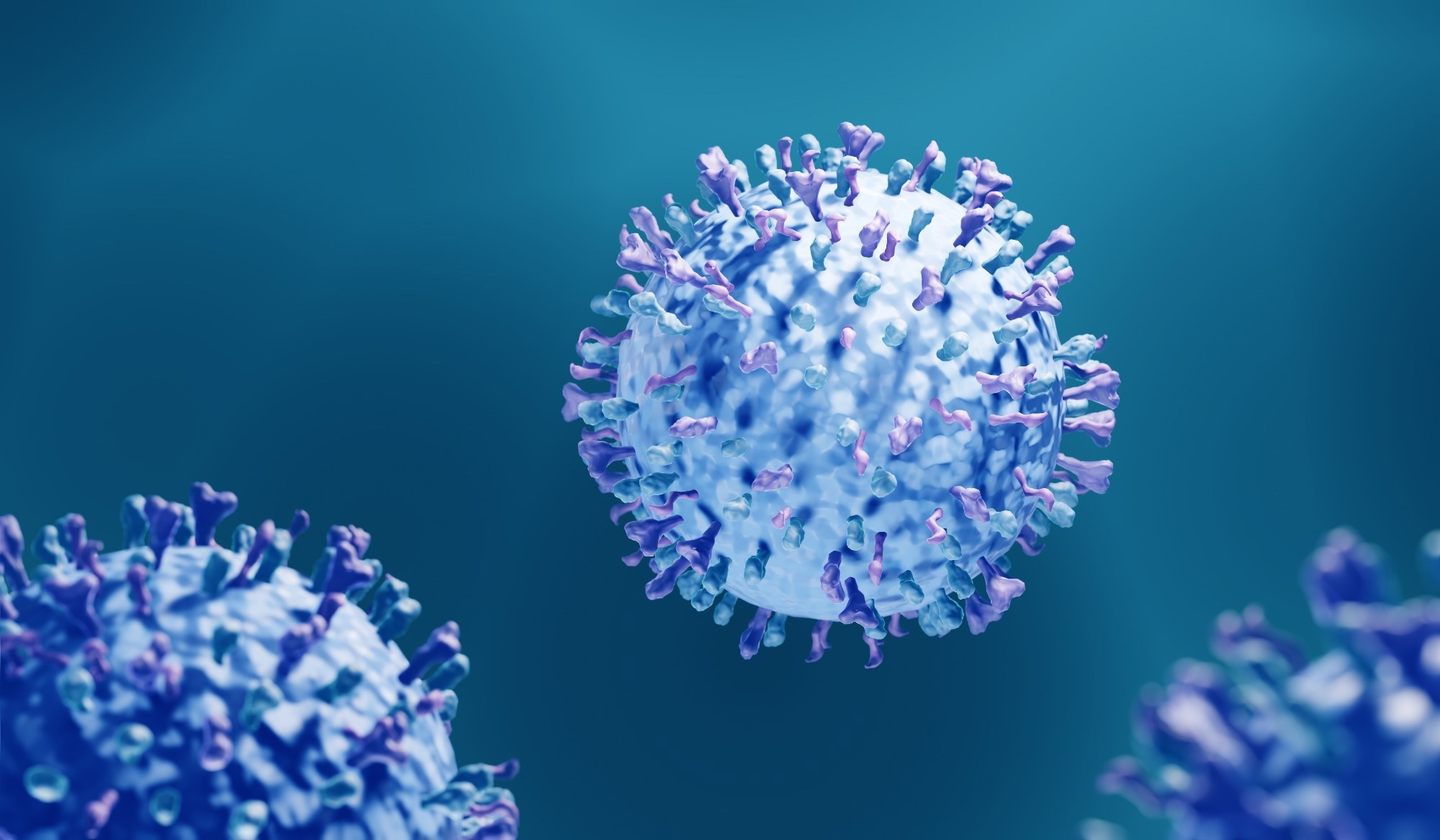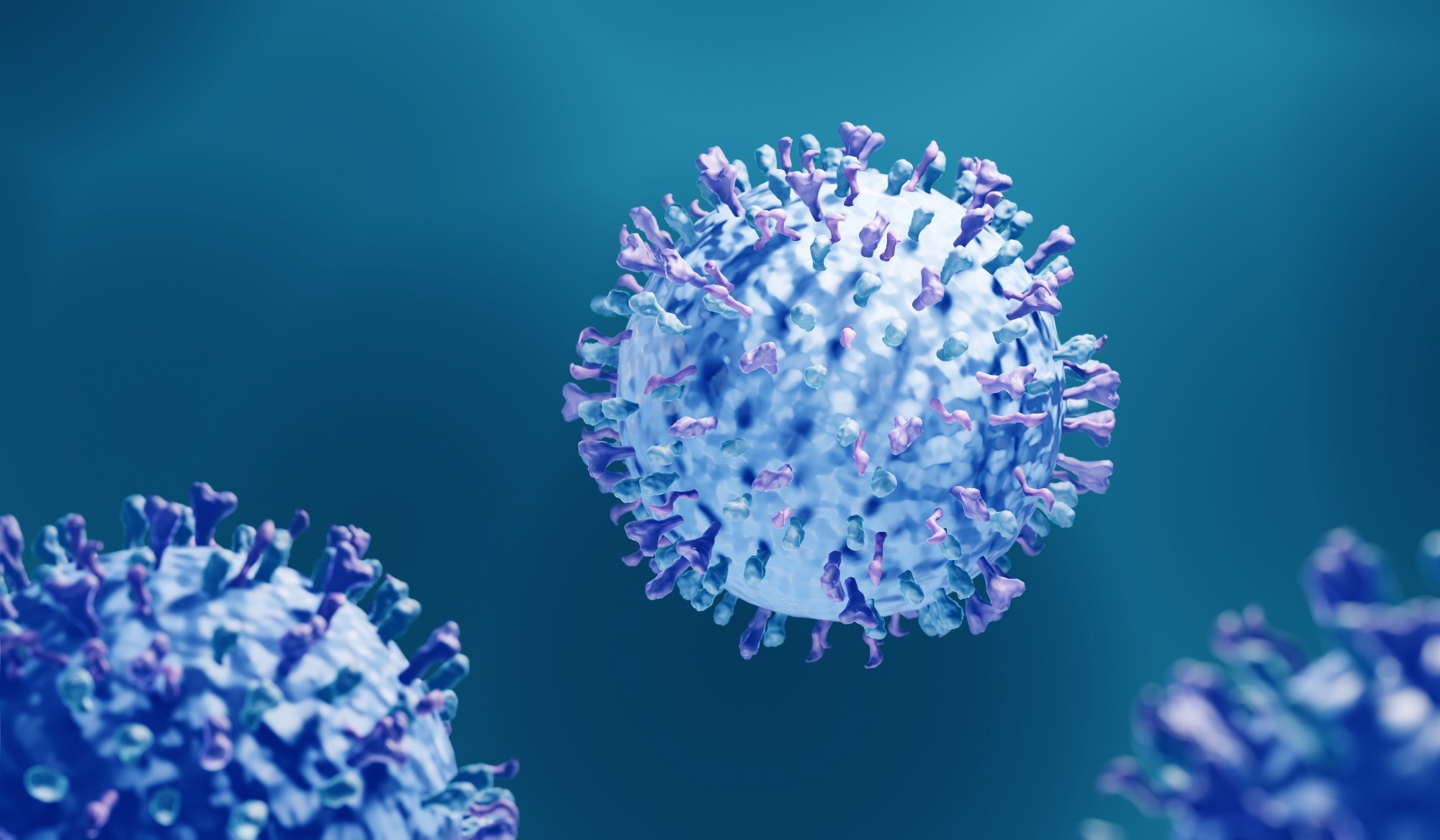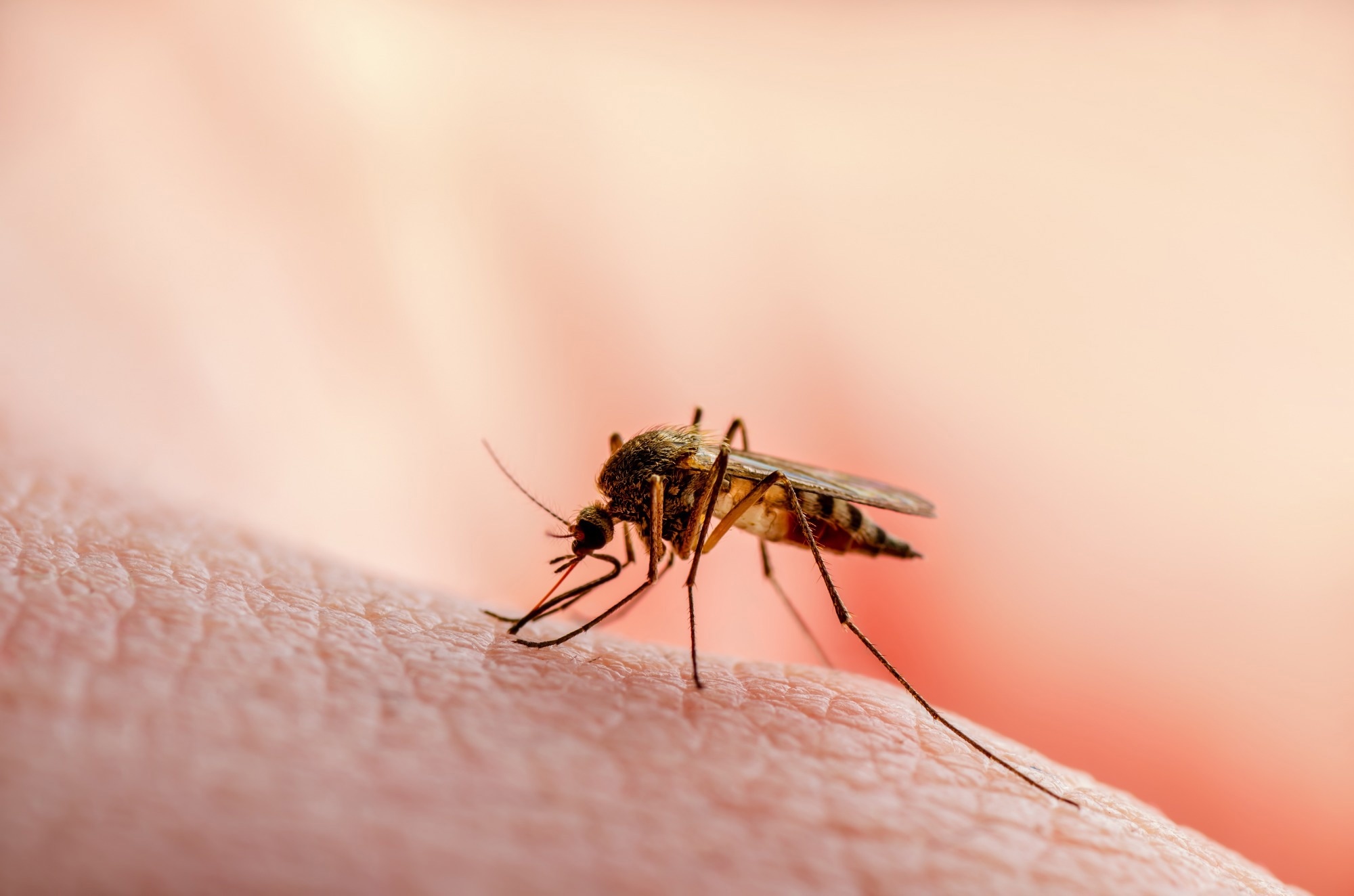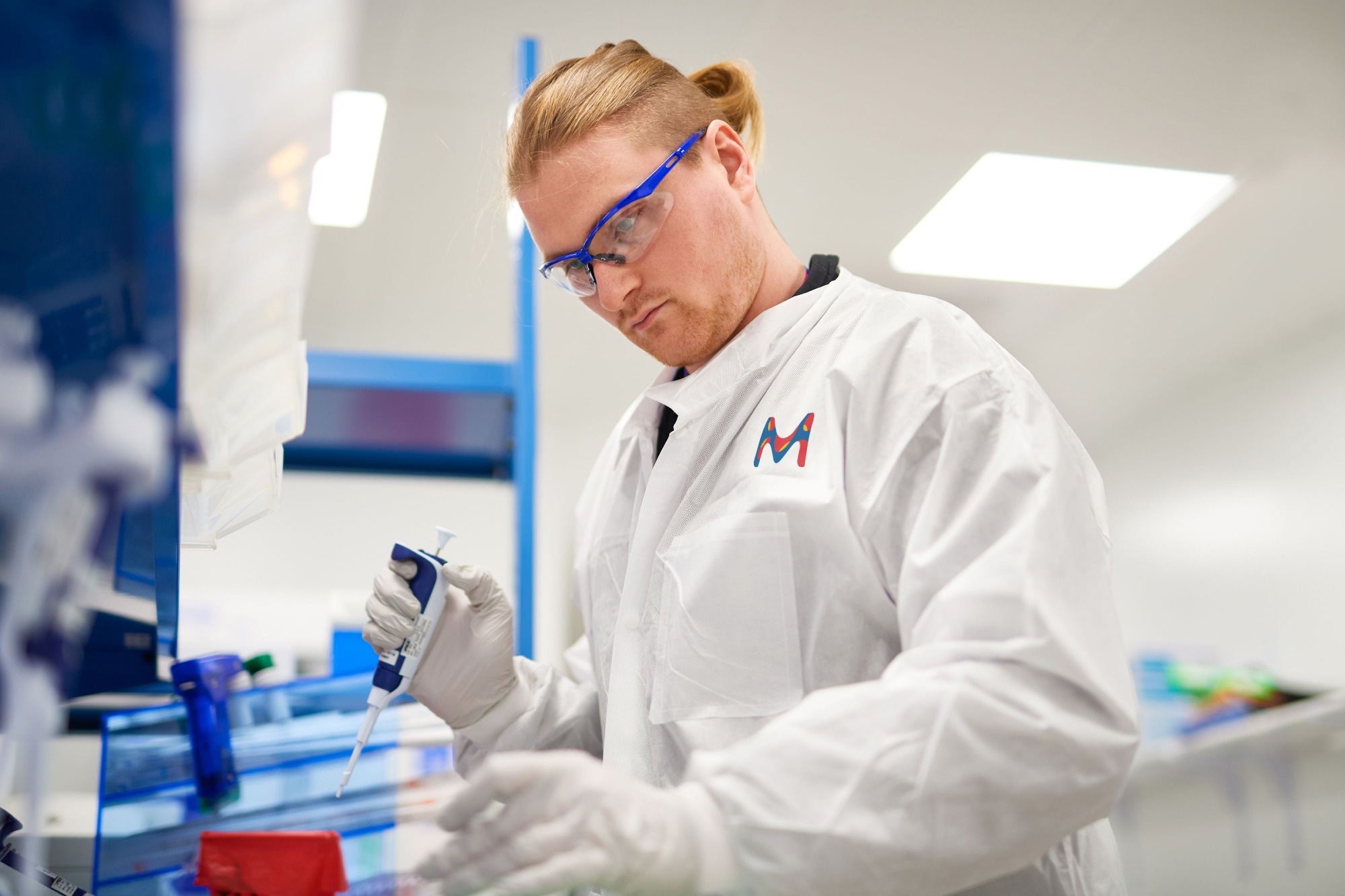In a recent study posted to the medRxiv* preprint server, researchers reported the immunogenicity, efficacy, and safety of the MVA-BN (modified vaccinia Ankara-Bavarian Nordic)-RSV (respiratory syncytial virus) vaccine against RSV-A (RSV subtype A) Memphis 37b strain in a human challenge trial.

Background
RSV infections cause a considerable health burden among infants and adults, but an authenticated anti-RSV vaccine is lacking. Most of the RSV vaccines under development encode the RSV F protein. The MVA-BN-RSV vaccine is a new vector vaccine encoding RSV surface proteins [fusion (F), glycoprotein (G)-(A),(B)], and internal proteins [M2-1 and nucleoprotein (N)], that has induced immunological responses and reported safe among animals and in initial clinical evaluation trials.
About the study
In the present study, researchers documented MVA-BN-RSV vaccine immunogenicity, efficacy, and safety against Memphis 37b infection in a human challenge clinical trial conducted in London, United Kingdom (UK), between January and November 2021.
The clinical trial was a double-blinded, phase 2a, placebo-controlled randomized clinical trial comprising healthy participants aged from 18 years to 50 years with expected RSV susceptibility [on the basis of neutralizing antibody (nAb) titers] during screening. Participants were randomly allocated into two groups in a 1:1 ratio to receive either intramuscular MVA-BN-RSV vaccinations or equal volumes of placebo Tris-buffered saline vaccines.
After four weeks, individuals were challenged with five log10 PFU (plaque-forming units) of Memphis 37b at a dose of. Blood specimens were obtained for Ab titer and cell-based marker assessments pre-vaccination, seven days post-vaccination for cell-based markers, and two weeks post-vaccination for Ab titers. In addition, blood was drawn six months post-vaccination and on day 5, day 10, and day 28 post-RSV challenge. Viral load was determined by qRT-PCR (quantitative reverse transcription-polymerase chain reaction) analysis from nasal wash samples and RSV cultivation experiments.
RSV symptom data were obtained throughout the quarantine period. Participants used memory aid diary cards to obtain data on local and systemic reactions on the day of vaccination up to one-week post-vaccination and rated symptoms experienced on the initial quarantine day, on the last quarantine day, and thrice daily between the initial and last days. Nasal wash samples were collected two times daily between day 2 and day 11 post-challenge and once on the last day of quarantine.
Plaque assays were performed to assess RSV replication. Participant sera were analyzed using ELISA (enzyme-linked immunosorbent assays) to measure anti-RSV immunoglobulin G (IgG) and IgA titers and by PRNT (plaque reduction neutralization tests) to measure nAb titers against RSV-A, B. Further, ELISpot (EL immune-spot) assays were performed for IFN-γ (interferon-gamma)-and IL-4 (interleukin-4) PMBC (peripheral blood mononuclear cell) enumeration as a response to RSV proteins.
MVA-BN-RSV vaccine efficacy was evaluated for the PP (per-protocol) population, comprising vaccinated and RSV-challenged who provided nasal wash samples at least up to the tenth quarantine day. The ITTC [intent-to-treat (challenge)] population comprised vaccinated and RSV-challenged individuals evaluated for the supportive-type analyses. Vaccine safety was evaluated among all vaccinees (safety population). Logistic regression modeling was performed to explore pre-RSV challenge immunological markers having prognostic value for symptomatic infections by RSV.
Results
Out of 74 study participants, 36 and 38 received MVA-BN-RSV vaccines and placebo vaccines, respectively, and 31 and 32 were RSV-challenged. All (except one) individuals formed the safety evaluation dataset, and five individuals from each group were not challenged with Memphis 37b. As a result, 63 study participants formed the ITTc dataset. Further, viral load assessment specimens till day 10 were unavailable for one individual per group. Thus, 61 individuals comprised the PP dataset.
Viral load from nasal wash samples was significantly lower among MVA-BN-RSV vaccinees than placebo vaccinees. Likewise, symptom scores were also lower post-MVA-BN-RSV vaccination. Serological anti-RSV IgA and IgG titers and nAb titers increased by four-fold and two-fold post-MVA-BN-RSV vaccinations, respectively, and robust cellular responses were observed, particularly against the internal RSV proteins. Pain at the injection site was reported for MVA-BN-RSV vaccines; however, there were no serious adverse events.
Based on qRT-PCR-based a priori efficacy definitions, MVA-BN-RSV efficacy ranged between 10% for infections confirmed by laboratories only and 59% for those confirmed by laboratory reports and by ≥1 RSV grade ≥2 symptom presence. The viral culture experiments showed 89% MVA-BN-RSV vaccine efficacy in preventing infections, which remained unaltered after including clinical symptoms. Among MVA-BN-RSV vaccinees, RSV shedding ended within four days in most cases, whereas the virus continued shedding for six days or longer among placebo vaccinees.
The GMSFUs (geometric mean spot-forming units) for IFN-γ-expressing PBMCs were elevated by two-fold to six-fold within a week of MVA-BN-RSV vaccination, to a larger extent than that observed post-placebo vaccination, especially against RSV N and M2-1. On the contrary, GMSFUs for IL-4-expressing PBMCs were persistently low throughout the study, indicative of type 1 helper- T (Th1)-based cell-mediated responses. The estimated potential for symptomatic infections by RSV in terms of pre-RSV challenge IgA titers most robustly represented RSV infection prognosis, with greater values representing greater protection.
Overall, the study findings showed that MVA-BN-RSV vaccinations reduced viral loads, were effective against laboratory-confirmed symptomatic RSV infections, and conferred humoral and cell-mediated immunity without any serious vaccination-related adverse events.
*Important notice
medRxiv publishes preliminary scientific reports that are not peer-reviewed and, therefore, should not be regarded as conclusive, guide clinical practice/health-related behavior, or treated as established information.
















